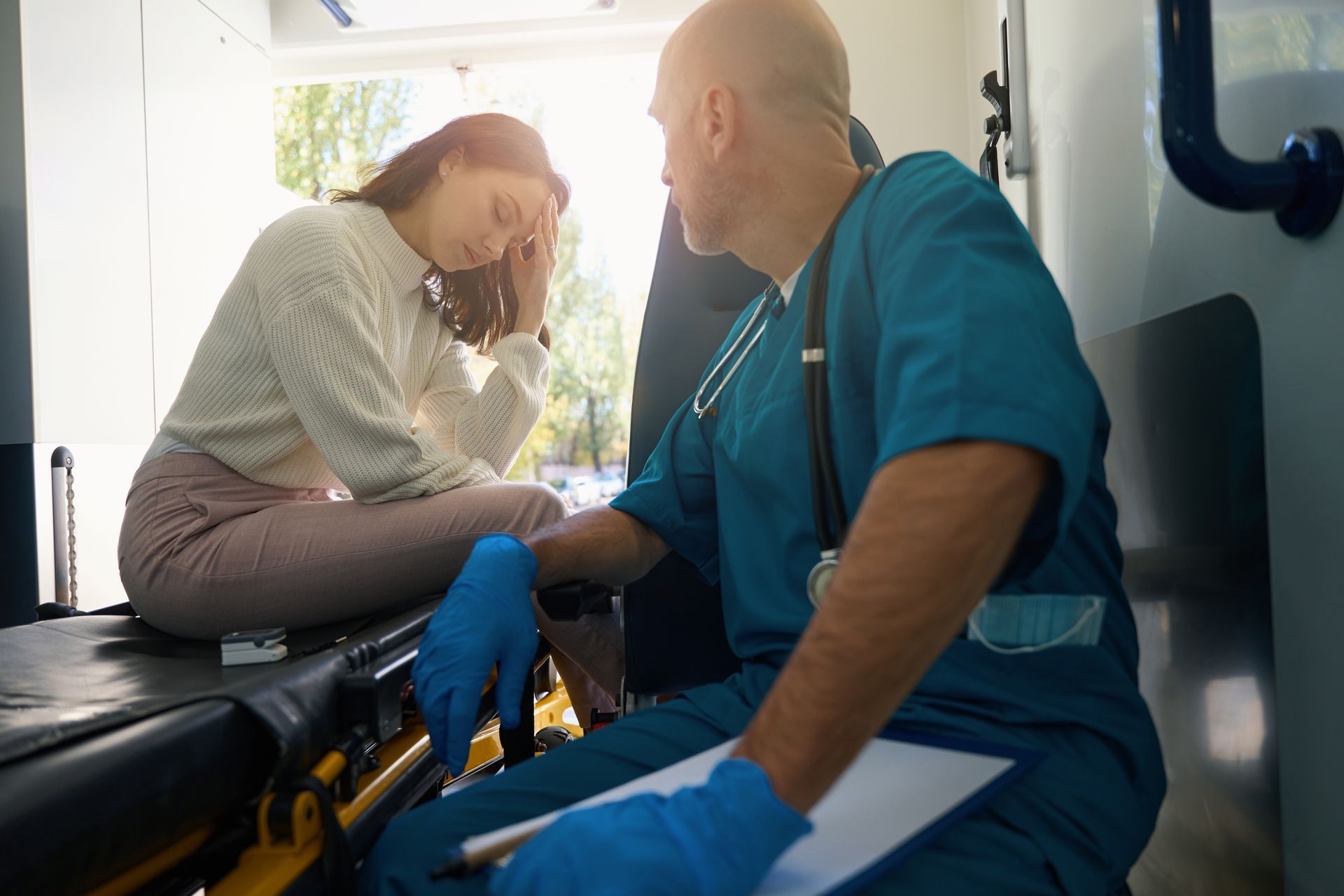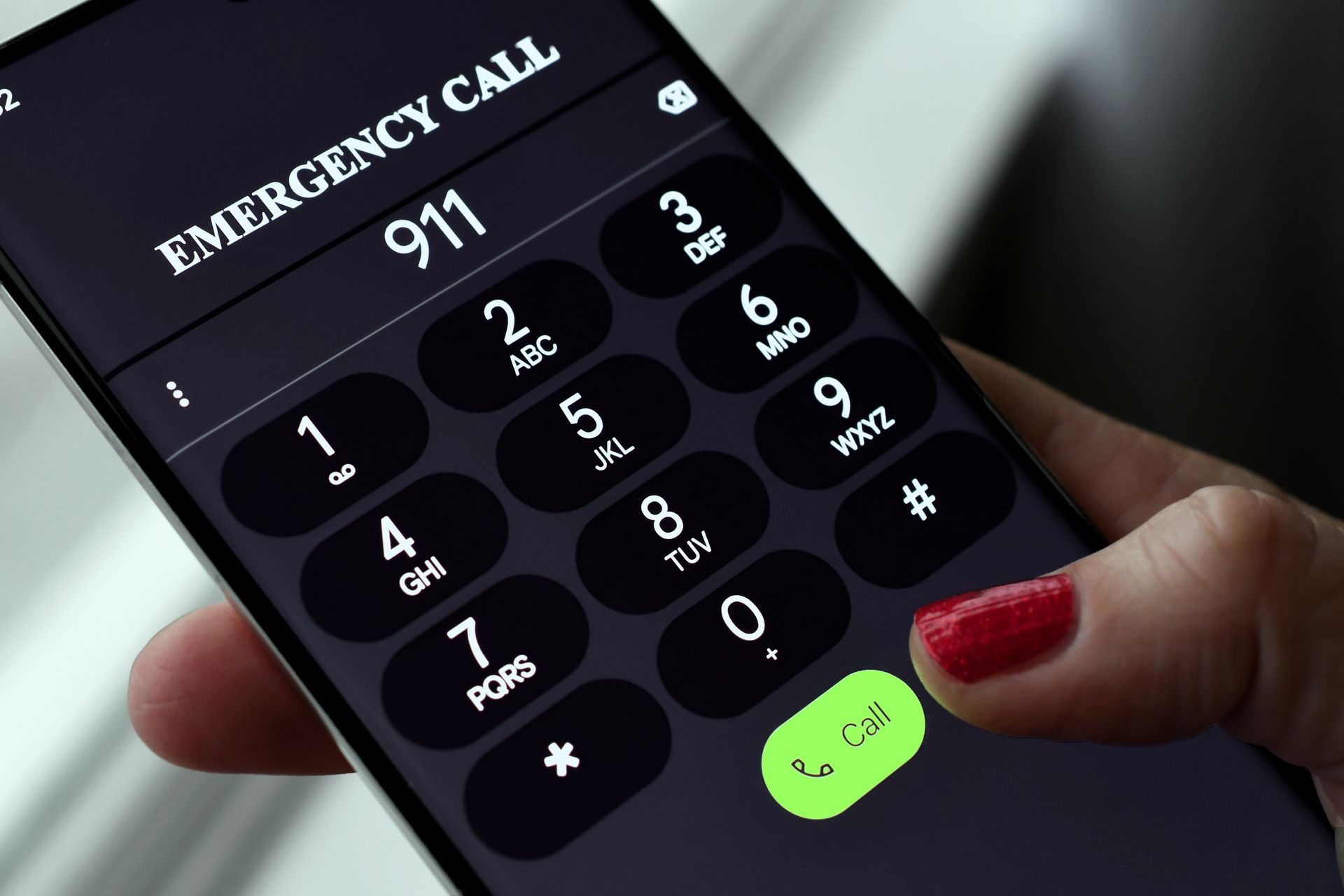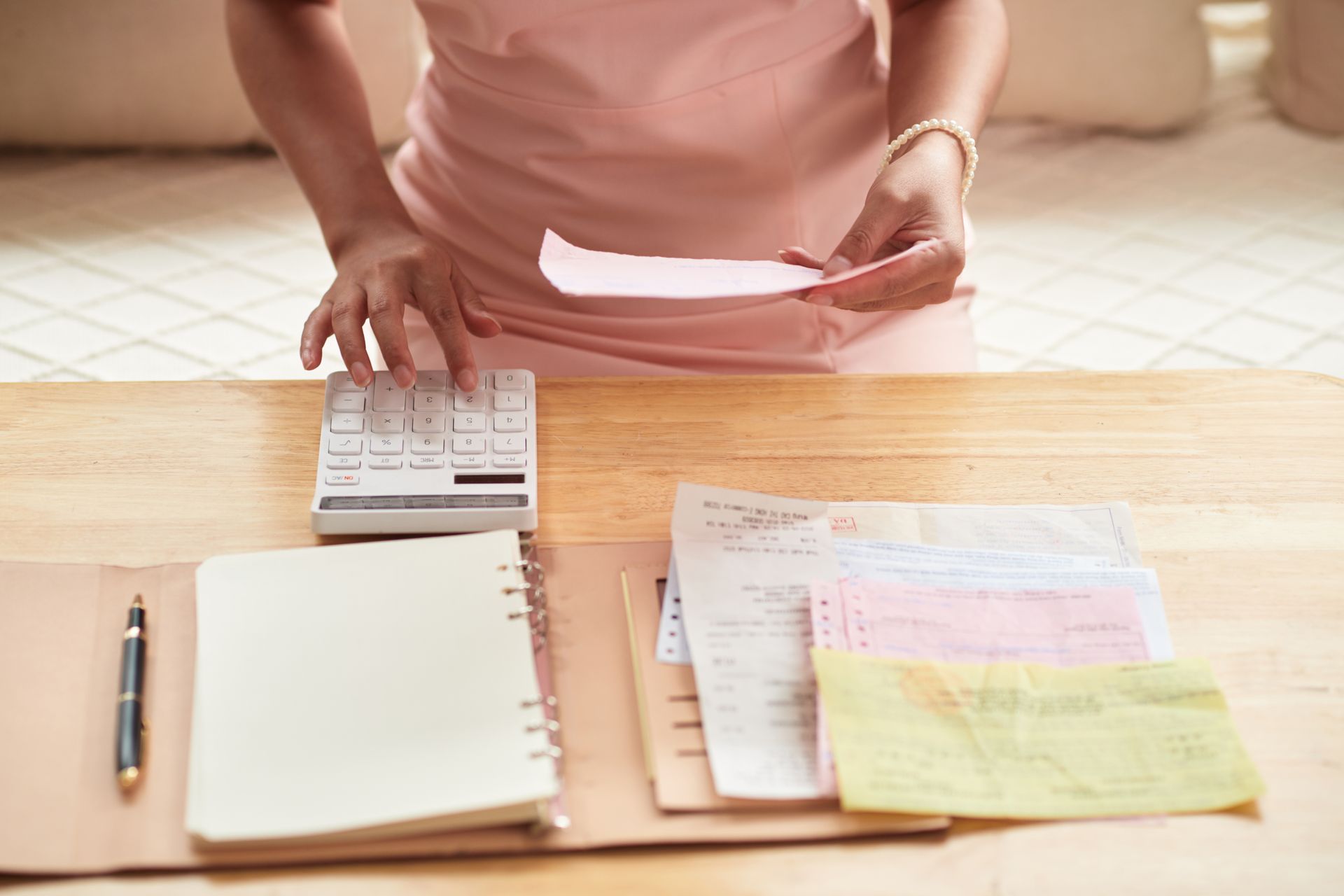What Do I Do After a Car Accident That Was Not My Fault?
Protect Yourself and Your Future After a Car Accident
Being involved in a car accident can be a stressful experience, especially if the accident wasn’t your fault. The immediate aftermath often leaves victims confused, overwhelmed, and unsure of the next steps. If you’ve found yourself in a situation where someone else’s negligence led to your accident, it’s crucial to know what actions to take. In this blog, we’ll guide you through the steps you need to follow after a car accident that wasn’t your fault, helping you protect your health, your rights, and your ability to seek compensation.
Why Knowing What to Do Matters: Taking the right steps after a car accident can make all the difference in ensuring you receive fair compensation for your damages and injuries. The actions you take immediately following the crash can impact the outcome of insurance claims, legal cases, and your recovery process. Understanding these steps is key to safeguarding your health and rights, especially when the accident is caused by another driver’s fault.
2. Document the Accident Scene
Gather Evidence:
Next, you’ll want to collect as much information and evidence as possible. Here are a few steps to follow:
- Take Photos: Capture pictures of the accident scene, including vehicle damage, road conditions, and any visible injuries. The more detailed your photos, the stronger your case will be.
Obtain a Police Report:
The police will often prepare an accident report, which can be a critical piece of evidence when filing claims. This report typically includes details like who was at fault and any citations issued to the other driver.

3. Seek Medical Attention
Get Checked by a Doctor:
Even if you feel fine, it’s important to seek medical attention. Some injuries, like whiplash, may not show symptoms immediately. A thorough medical exam will ensure that any injuries are diagnosed and treated properly. It will also provide documentation for your insurance claim and potential legal case.
Document Your Injuries:
Keep track of any injuries, symptoms, and medical treatments. Record your visits to doctors, therapists, or specialists. This documentation will help back up your claim when seeking compensation for your medical expenses.

5. Consult an Attorney
Consider Legal Advice:
If the accident involved significant damage, injuries, or disputes about fault, consulting with an attorney can be very beneficial. A lawyer experienced in car accidents can help protect your rights and guide you through the legal process. They will:
- Evaluate the strength of your case
- Help you understand your options for compensation
- Assist with negotiating with insurance companies
Get Expert Help:
Attorneys can also assist in gathering additional evidence, communicating with the at-fault driver’s insurance, and ensuring that you receive fair compensation for medical expenses, lost wages, pain and suffering, and vehicle repairs.
Dealing with the aftermath of a car accident that wasn’t your fault can be stressful and overwhelming. However, by following these steps, you can ensure that you protect your health, your rights, and your ability to seek compensation. From documenting the scene and getting medical attention to filing a claim and consulting an attorney, these steps will guide you through the recovery process.
If you’ve been in an accident and need help navigating the aftermath, Call Christina Now.
We’re here to connect you with trusted professionals and ensure you get the support you need, every step of the way.
Don’t wait—contact us today for immediate assistance!



